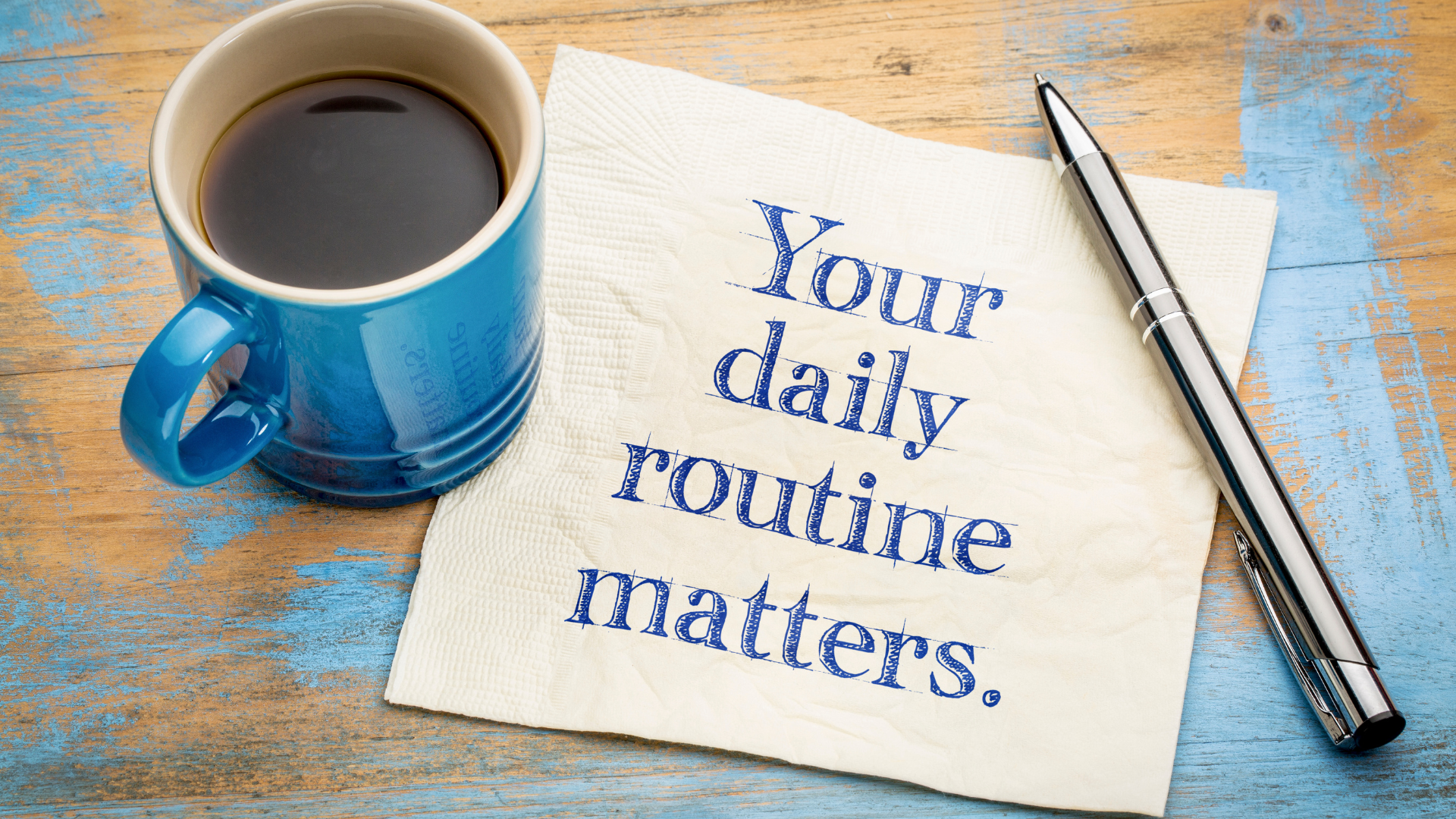Top Skills Employers Look for in Healthcare Aides
Whether you’re training to become a Home Health Aide (HHA) or Certified Nursing Assistant (CNA), standing out in the job market is all about the right skills. Employers in the healthcare industry aren’t just looking for certifications—they’re looking for people with the heart, dedication, and ability to provide exceptional care.
At Fordham Institute Inc., we prepare students not just to pass exams, but to shine in their careers. Here are the top skills that healthcare employers value most:
1. Compassion and Empathy
At the core of every great healthcare aide is genuine care for others. Employers want to see that you can treat patients with dignity, kindness, and patience—especially when they’re vulnerable or going through tough times.
Tip: Always show your humanity. A warm smile, a listening ear, or a gentle touch can make all the difference.
2. Communication Skills
Being able to clearly communicate with patients, families, nurses, and other staff is crucial. This includes listening well, explaining things in a simple way, and knowing when to ask questions.
Tip: Practice active listening and speak confidently and respectfully.
3. Dependability and Punctuality
Employers need to know they can count on you. Being reliable—showing up on time, staying consistent, and following through on tasks—is one of the most valued traits in healthcare.
Tip: Treat every shift like a commitment. Your presence matters.
4. Attention to Detail
Healthcare aides are often responsible for tracking vital signs, managing routines, and reporting changes. Being detail-oriented ensures safety and helps provide high-quality care.
Tip: Stay focused during training and always double-check your work.
5. Physical Stamina
The job can be physically demanding—lifting patients, standing for long periods, and moving quickly are part of the day-to-day. Employers want aides who can handle the physical demands safely and effectively.
Tip: Take care of your body through proper posture, stretching, and regular movement.
6. Teamwork
Healthcare is never a one-person job. You’ll often work with nurses, doctors, therapists, and other aides. Being a team player creates a better experience for patients and makes the work environment more supportive.
Tip: Be respectful, offer help, and accept feedback with a positive attitude.
7. Willingness to Learn
The best aides are always open to learning. Whether it’s mastering a new skill or understanding a patient’s unique needs, adaptability is a major asset.
Tip: Ask questions, seek mentorship, and stay curious in your role.
Ready to Stand Out?
At Fordham Institute Inc., we equip our students with not only the technical training but the personal development they need to thrive in real-world healthcare settings. If you're ready to step into a role where you truly make a difference, start by building these core skills.
You’re not just learning a job—you’re becoming a lifeline for someone in need. And that’s powerful.





